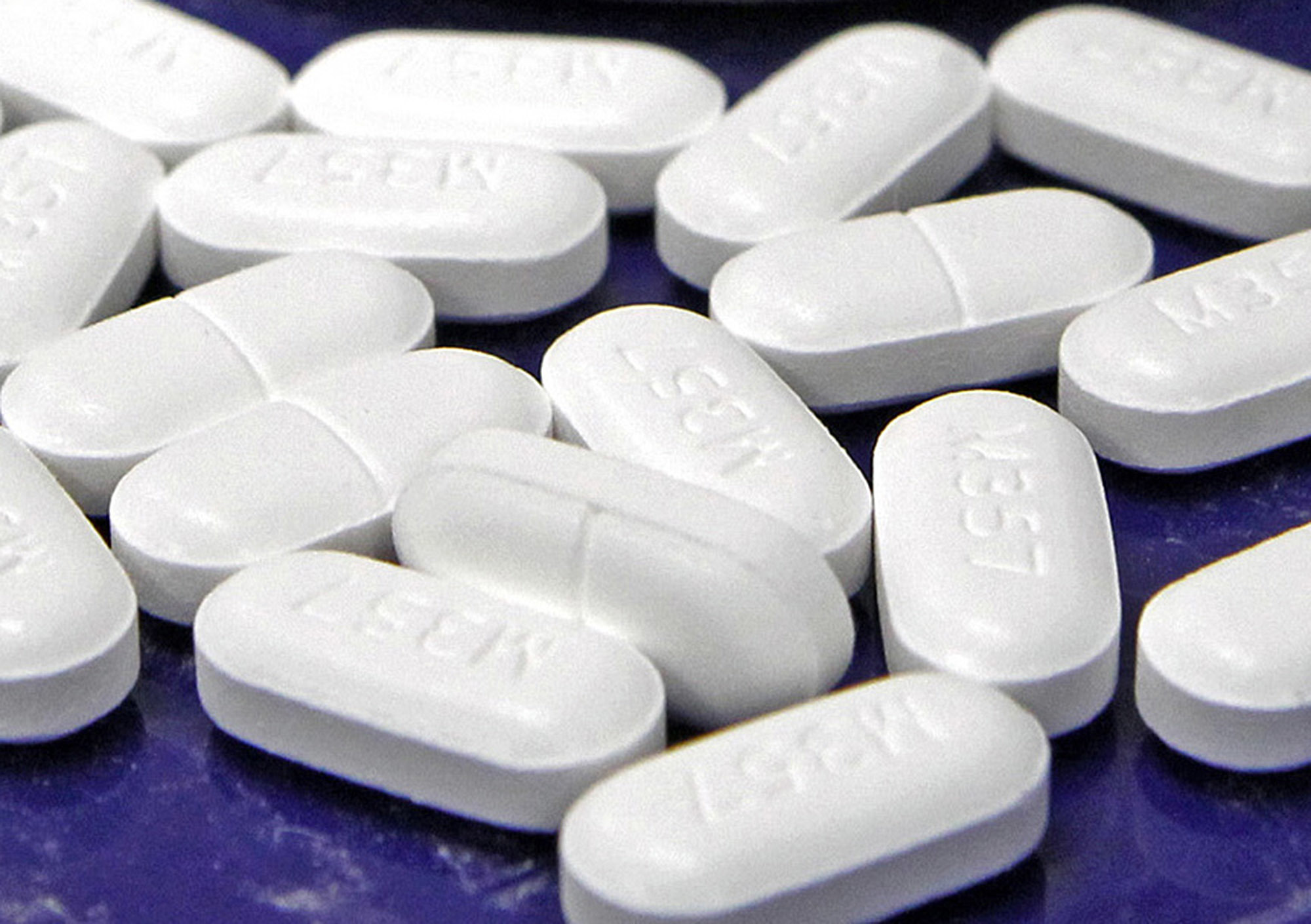With opioid overdoses now a leading cause of nonintentional death in the United States, data show most of these deaths can be traced back to an initial prescription opioid. A new study led by investigators at Beth Israel Deaconess Medical Center (BIDMC) and Harvard Medical School (HMS) sheds light on the possible link between physicians’ opioid prescription patterns and subsequent abuse.
While most clinical efforts have focused on minimizing risk through dosage management, the new findings — published in The BMJ (formerly The British Medical Journal) — suggest those efforts may be misguided. Among surgery patients with no history of recent or chronic opioid use, the researchers demonstrated that duration of treatment is a more potent predictor of abuse and overdose than dosage. However, dosage — the amount of medication a patient takes over 24 hours — does emerge as a powerful risk indicator among those who took the medications for extended periods.
The findings highlight the need for prescribing physicians to pay particular attention to the duration of treatment and the number of refills, the team said, and also suggest that surgeons should be swift to refer patients to chronic pain specialists for symptom management if their discomfort persists.
“As surgeons, we often struggle to balance the risk of abuse with our duty to manage pain, but our findings underscore how potent a single stroke of the pen can be in fueling this risk,” says study co-first author Gabriel Brat, MD, a trauma surgeon at BIDMC and an instructor in surgery and in biomedical informatics at HMS.

(Image credit: Associated Press)
Providing much-needed insight into the complex and nuanced dynamics that may fuel opioid misuse, the results could help inform field-specific guidelines for surgeons. The medical specialty relies on opioid pain management more than any other; research shows that surgery patients are four times more likely than other patients to be treated with opioids.
“We are in the midst of an epidemic, and physician prescription practices play no small part in it,” says senior investigator Nathan Palmer, PhD, a biomedical informatics researcher at HMS. “Understanding differences in risk for opioid misuse across various patient populations and clinical contexts is critical in informing the creation of narrowly tailored guidelines, clinical decision making and the national conversation on this topic.”
“Our results indicate that each additional week of medication use, every refill is an important maker of risk for abuse or dependence,” says co-first author Denis Agniel, PhD, a statistician at the RAND Corporation and a part-time lecturer in the Department of Biomedical Informatics at HMS.
In the new study, none of the 560,000 patients had a record of chronic or extended opioid use leading up to surgery. For the purposes of the research, patients were deemed non-opioid users if they had not taken opioids in the two months prior to their surgery, or if they had used opioids for fewer than seven days prior to their procedure.
Of the more than half million patients, 0.6 percent, or 5,906, developed dependence, demonstrated symptoms of abuse or experienced a nonfatal overdose — collectively defined as opioid misuse. A third of the misuse diagnoses occurred within a year of the surgery. Each additional week of opioid use increased the risk of dependence, abuse or overdose by 20 percent. Each additional refill boosted the risk by 44 percent, the analysis showed, with the first refill more than doubling the risk.
By contrast, dosage played a far smaller role, the analysis showed. In fact, the researchers noted, among people taking opioids for short periods – two weeks or less – the risk for misuse was no greater even among patients on dosages that were twice as high. However, higher dosage did propel risk significantly among those taking opioids for nine weeks or longer, a finding that suggests a potent confluence of duration and dosage among long-term users, the team said.
Current guidelines on opioid pain management do not address specific patient populations. The new findings, however, suggest that clinical context matters and that opioid decision making should vary with the context.
“As physicians, we face a dilemma with each opioid prescription, so we need a more nuanced understanding of how to weigh the risks and benefits of opioid pain management immediately after surgery, including factors that influence misuse,” says Isaac Kohane, MD, PhD, co-senior author on the study and head of the Department of Biomedical Informatics at Harvard Medical School. “These results provide much-needed clarity.”




